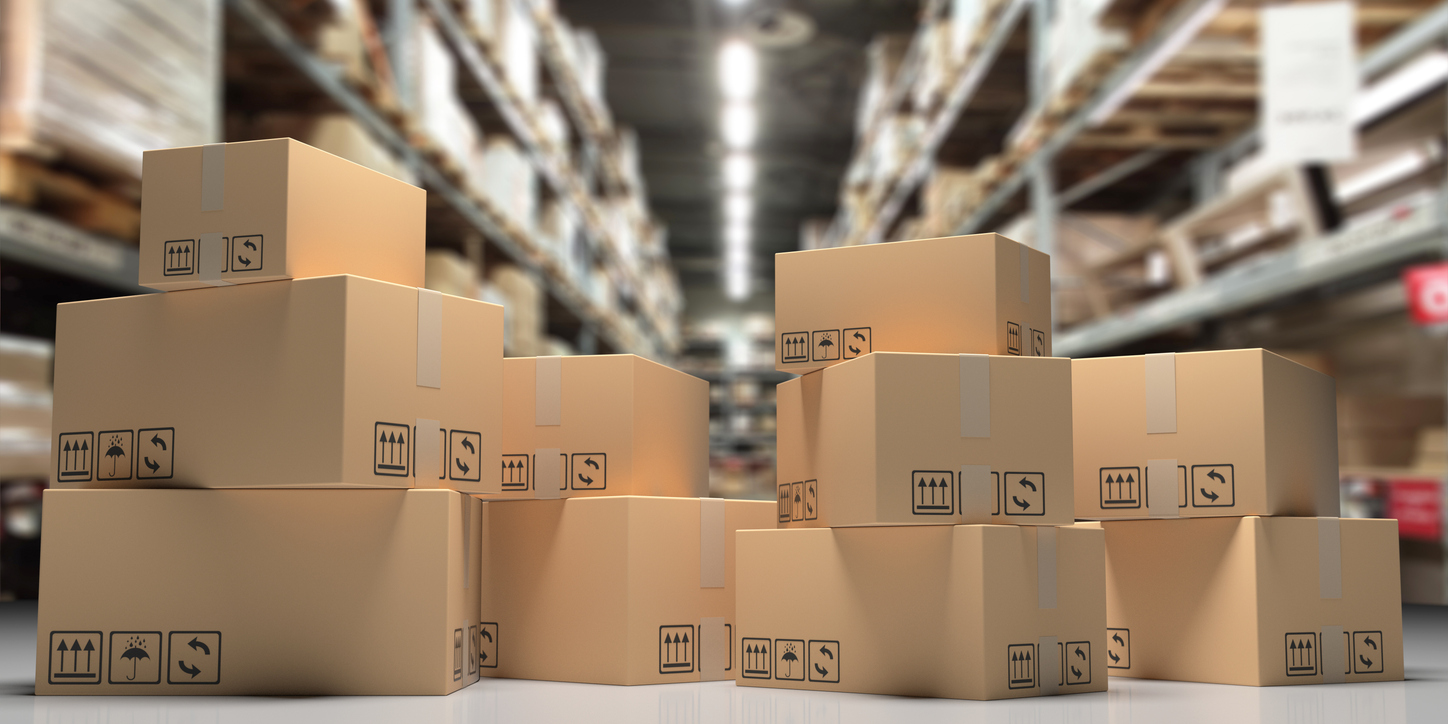Optimizing Packaging Efficiency with Cartonization: A Strategic Approach for Supply Chain Management
In the fast-paced world of logistics and supply chain management, efficiency is everything. From minimizing shipping costs to maximizing space utilization, every step of the process must be optimized to maintain a competitive edge. One crucial aspect of this optimization is cartonization—the process of selecting the most appropriate carton sizes for shipping products. By employing cartonization strategies, businesses can significantly reduce shipping costs, enhance packaging efficiency, and contribute to environmental sustainability. In this article, we’ll explore the concept of cartonization, its benefits, and how it can be applied to your business operations.
What is Cartonization?
Cartonization refers to the method of determining the optimal number, size, and configuration of cartons required to package a set of items for shipment. The goal is to minimize wasted space within each carton while ensuring that the products are adequately protected during transit. Cartonization software and algorithms are often used to automate this process, taking into account factors such as product dimensions, weight, fragility, and shipping costs.
Key Components of Cartonization:
- Product Dimensions and Weight: Accurate measurements of each item are essential for determining the best fit within the available cartons.
- Carton Sizes: A variety of carton sizes are considered to find the most efficient packing configuration.
- Fragility and Protection: Products that are fragile or require special handling are packed with appropriate protective materials to prevent damage.
- Shipping Costs: The choice of carton size directly impacts shipping costs, especially when dealing with dimensional weight pricing models used by many carriers.
Benefits of Cartonization
Implementing an effective cartonization strategy offers several benefits that can positively impact both your bottom line and your environmental footprint:
1. Reduced Shipping Costs
One of the primary benefits of cartonization is the reduction in shipping costs. By optimizing the size and number of cartons, businesses can minimize the volume and weight of shipments, leading to lower shipping charges. This is particularly important when shipping companies use dimensional weight pricing, where the size of the package can influence costs more than its actual weight.
2. Improved Space Utilization
Cartonization helps maximize the use of available space within each carton, reducing the need for excess packaging materials like bubble wrap or air pillows. This not only cuts down on material costs but also improves warehouse storage efficiency by reducing the number of cartons needed for a given set of products.
3. Enhanced Customer Experience
Well-packaged products that arrive in appropriately sized cartons tend to enhance the customer’s unboxing experience. Overly large cartons filled with excessive padding can lead to dissatisfaction, while well-packed items reflect positively on your brand’s attention to detail and commitment to sustainability.
4. Environmental Sustainability
By reducing the number of cartons and packaging materials used, cartonization contributes to environmental sustainability. Smaller, more efficiently packed shipments mean fewer resources are used, and less waste is generated. This is increasingly important as consumers and businesses alike prioritize eco-friendly practices.
5. Streamlined Operations
Automated cartonization software can streamline warehouse operations by quickly determining the best packing solutions. This reduces the time spent on manual packing decisions and allows for faster, more accurate order fulfillment.
Applications of Cartonization in Supply Chain Management
Cartonization is particularly beneficial in several areas of supply chain management, including:
1. E-Commerce and Retail
In e-commerce, where orders vary widely in size and weight, cartonization helps ensure that each order is packed efficiently and shipped cost-effectively. This is crucial for maintaining profitability in a highly competitive market.
2. Manufacturing and Distribution
Manufacturers and distributors can use cartonization to optimize the packaging of bulk shipments, ensuring that products are transported safely and efficiently to retailers or end consumers.
3. Third-Party Logistics (3PL)
3PL providers can offer value-added services by implementing cartonization strategies for their clients, helping them reduce costs and improve shipping efficiency.
Implementing Cartonization in Your Business
Implementing cartonization requires a combination of accurate product data, appropriate carton sizes, and possibly, cartonization software. Here’s how to get started:
1. Gather Accurate Data
Ensure that you have precise measurements of all products, including dimensions, weight, and fragility. This data is critical for determining the best packing configurations.
2. Choose the Right Tools
Consider using cartonization software that can automate the process of determining the optimal packing solution. This software can take into account various factors, such as product dimensions, carton sizes, and shipping rates, to recommend the most cost-effective packing strategy.
3. Train Your Team
Educate your warehouse and fulfillment teams on the importance of cartonization and how to use the tools and data available to them. A well-trained team can significantly improve packing efficiency.
4. Monitor and Adjust
Regularly review your cartonization process to ensure it remains effective. As your product line evolves or shipping costs change, you may need to adjust your cartonization strategy to maintain efficiency.
Conclusion
Cartonization is a powerful tool for optimizing packaging efficiency, reducing costs, and enhancing sustainability in the supply chain. By carefully selecting the right cartons for each shipment, businesses can improve their operational efficiency, reduce waste, and deliver a better customer experience.
At Wigmore Trading, we understand the complexities of supply chain management and are here to help you implement effective cartonization strategies that drive success. Whether you’re looking to reduce shipping costs, improve sustainability, or streamline your operations, our expertise can guide you in the right direction.
Get in Touch:
Ready to optimize your packaging process? Contact Wigmore Trading today to learn more about our supply chain solutions, including cartonization strategies that can save you money and enhance your operations. Visit our website, email, or call us to schedule a consultation.








Comments are closed.